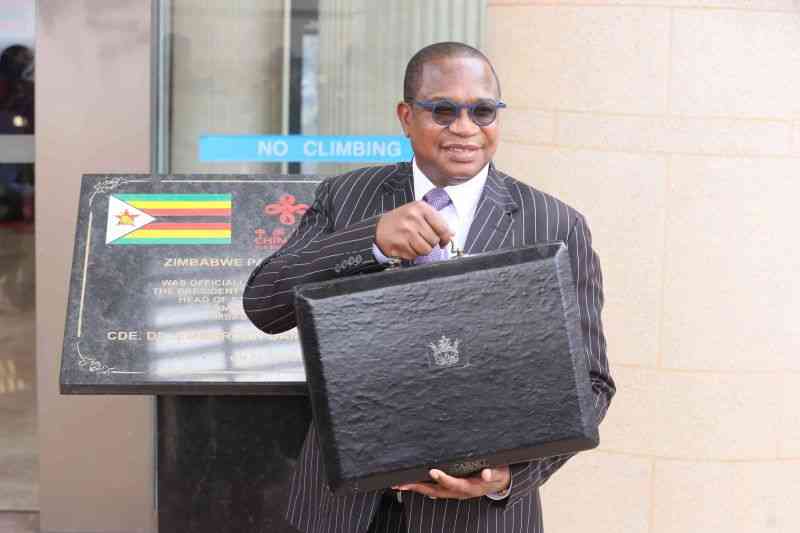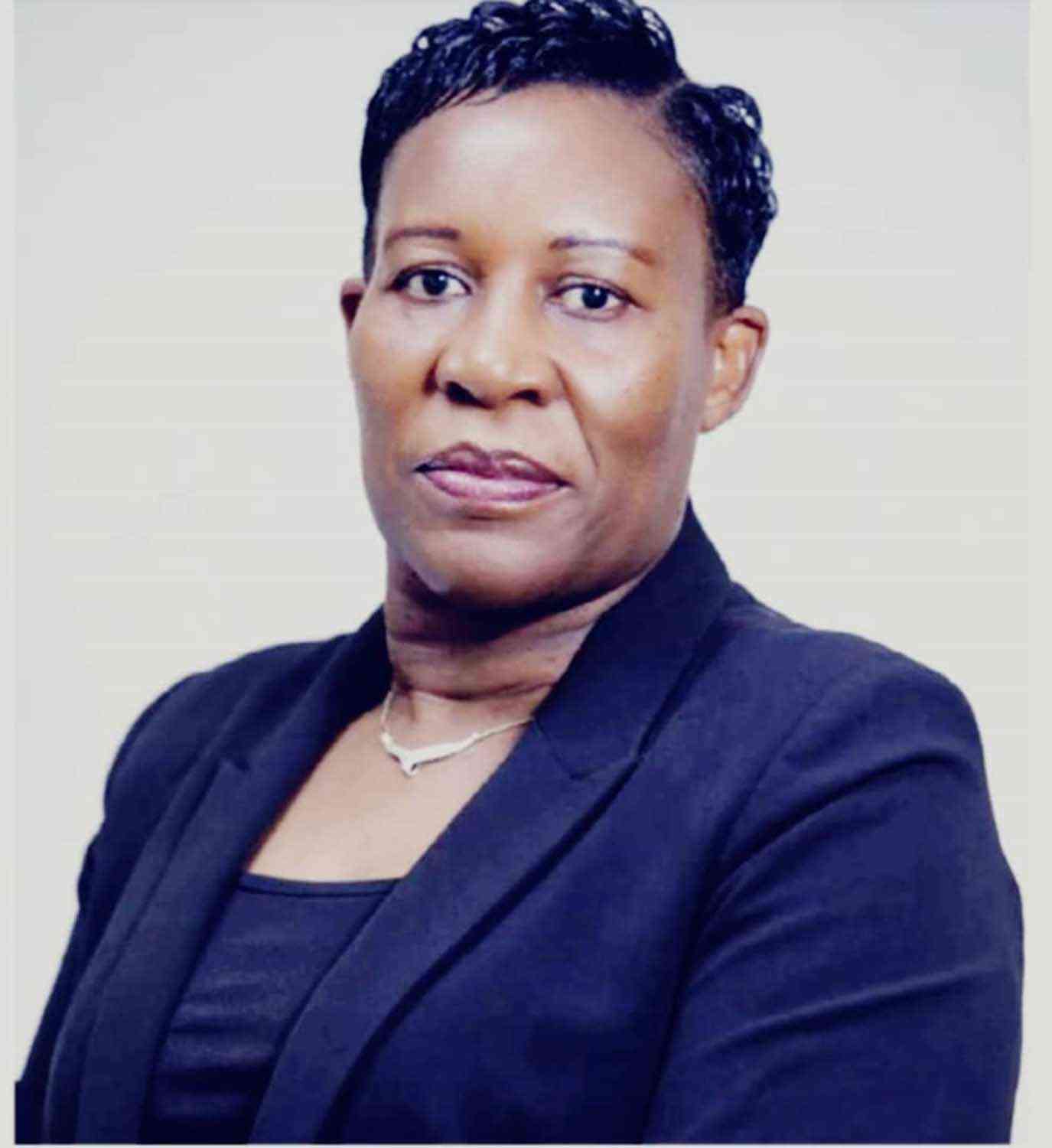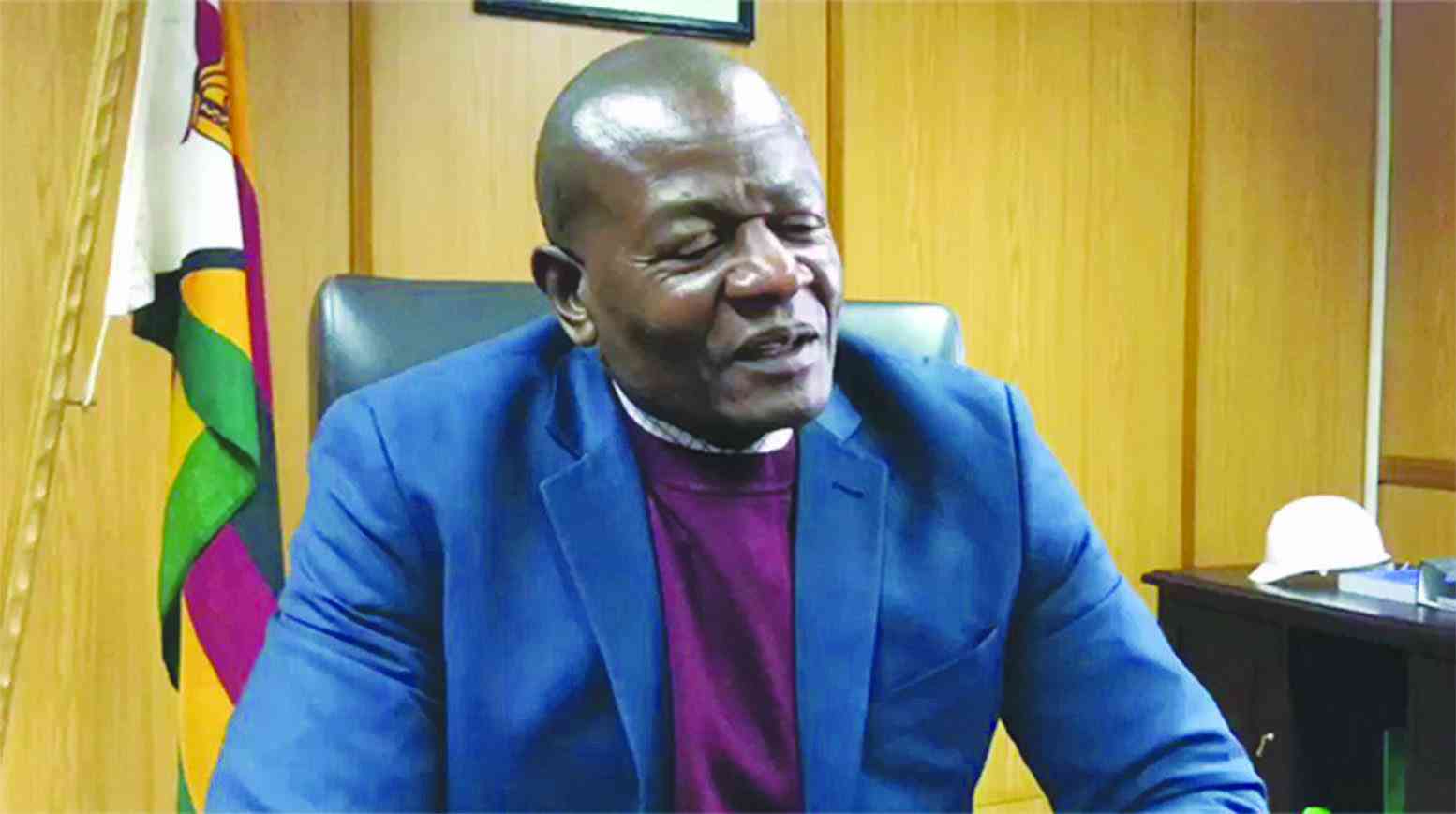
A WEALTH tax proposed by Finance and Investment Promotion minister Mthuli Ncube will be difficult to administer, particularly when trying to determine the fair market value of assets.
This is likely to lead to valuation disputes between tax authorities and taxpayers, experts warned this week.
A wealth tax, also called equity tax, refers to a tax levied on the total or market value of a taxpayer’s personal assets that may include their bank deposits, company shares, fixed assets, cash, motor vehicles, real property, pension plans, money funds, owner-occupied house and trust funds.
Zimbabwe has long grappled with significant wealth disparities, with a small percentage of the population controlling a substantial portion of the country's wealth.
To correct this and to raise revenue to fund government expenditure, Ncube, in his 2024 national budget statement, proposed a 1% tax on residential properties valued at over US$100 000.
But experts, who spoke to the Zimbabwe Independent, said the tax would be difficult to administer, evidenced by its low uptake across the world.
There are no countries in the Sub-Saharan region with a wealth tax in place, reports show.
Globally, according to an article published in the Kenya Revenue Authority website, out of the 38 member countries of the Organisation for Economic Co-operation and Development (OECD), those that currently impose wealth taxes are four.
- Budget dampens workers’ hopes
- Govt issues $24 billion Covid-19 guarantees
- Letter to my People:They have no answers for Nero’s charisma
- ZMX to enhance farm profitability
Keep Reading
These are Norway, Belgium, Switzerland and Spain, charging a wealth levy on fortunes above €700 000 (US$761 387), with rates ranging from 0,2% up to 2,5%.
There has been a sharp decline in the number of countries imposing this form of taxation, falling from 12 countries in the 1990’s to the current four.
Argentina, according to the South Centre Tax Initiative (SCTI), is one of the countries that has implemented such taxes successfully.
The South American nation implemented a wealth tax as a way to raise revenue and combat inequality.
A one-time special tax known as the “millionaire’s tax” was enacted by debt-ridden Argentina in December 2020, and it has so far raised about US$2,4 billion to fund pandemic recovery, SCTI report shows.
Under the wealth tax policy, individuals with net assets of more than 200 million pesos (around U$2,5 million) are subjected to a one-time tax of up to 3,5% on their wealth.
This is different from what Ncube is proposing.
Real estate expert Mike Juru said the finance minister should shed more light on the tax's operationalisation.
“There should be details of the regulations on how it should be operationalised. Who are we paying it to, the government or through local authority? We do not know, and can really US$100 000 be a benchmark for wealth,” Juru said.
“There are a lot of unanswered questions that need clarity and l believe the regulation will cover those things and give direction to the nation.”
Tax lawyer Tendai Mavima said the current tax regime is penalising people, who have worked hard to acquire wealth.
“Why should I be penalised for having acquired a property, effectively this whole tax regime is meant to penalise people, who have acquired a property and now the people, who have been penalised are the poor,” Mavima said.
“The rich with several properties will never be subjected to this. Generally, tax is paid when income is earned. If I have a property worth US$200 000 or a million, I have not sold it.
“I am using it and I am not earning income from it, and suddenly when you put a 1% tax on me, what income do I now pay the 1% tax from?
“Is it a penalty for having worked hard? I have been nice and earned that property.”
He said the presentation by the minister was not clear on some issues like properties that are listed under companies and valued over US$100 000 as well as inherited property.
“If I get an inherited property, does that mean I am wealthy? I may not be wealthy because I have just inherited property and unfortunately, according to the speech and the Finance Act they have not exempted inherited properties. All they have exempted is a person, who is over 70 years of age,” Mavima said.
“But you realise that most rich people don't have property in their names but use company names. There are lots of properties owned by companies.
“There are lots of properties owned by family trusts and various other forms of ownership of properties. So, based on the rating of use provision, properties owned by companies are not subject to wealth tax,” he said.
There are growing indications that this wealth tax could pose a serious financial burden for middle or low-income individuals, potentially impacting their savings plans and overall financial well-being.
Former Finance minister Tendai Biti condemned the wealth tax during a national budget review analysis last week, saying there are already a lot of taxes paid in this country.
“They created a new tax called the wealth tax that claims 1% of every immovable property above US$100 000. It is ridiculous because when you own a house, you would have already paid capital gains tax,” he said.
“When you own a house, you pay a tax, annually called rates. Rates are taxes.
“Property is already overtaxed. Many children own properties that they inherited from their parents, so how are they going to pay that tax?
“Most of these house owners are pensioners, who are earning ZW$60 000. There are other means to catch those who are not paying tax than the blanket 1% tax. This tax is unprogressive,” Biti said.
Economist Gift Mugano said the wealth tax does not take into account that there are beneficiaries, who are not in the high-income earners bracket.
“I think this is unfair to the community. Remember that we pay rates to the city council every month, which is a tax, so are we saying on top of that people have to pay another 1%? So the Ministry of Finance needs to sit down and consider different citizens,” he said.
“Citizens in suburbs like Borrowdale are already paying higher rates than medium or high-density suburbs. So, taxing them again will create disharmony as some of these people are just beneficiaries.”
Another economist Brains Muchemwa said the 1% tax will hit even the middle-income earners, whose residential stands value would have increased over the years.
“And, you know, even the valuation of property is all subjective. If you build a house in a particular place and other people keep building in the same place, it eventually pulls up the price, but it doesn't necessarily mean that the cost of putting that house was more than US$100 000,” Muchemwa said.
“It could be US$50 000 by that time. But eventually, after five years, the value will go up. Some of these taxation aspects need to be fine- tuned in the budget.”
Experts also said the imposition of a wealth tax on trusts would be extremely difficult.
The trustees hold assets for the benefit of the various beneficiaries of the trust, some of whom may not meet any criteria relating to the imposition of a wealth tax.
But economist Zvikomborero Sibanda supported the tax, saying it was long overdue.
“I think this is a very important tax, which has been introduced, which is key in redistributing income from those who are rich to those who are poor,” he said.
“If you can see the value of the residential property (targeted), you can see that we are talking about medium-density actually largely targeting those who are well up.”











